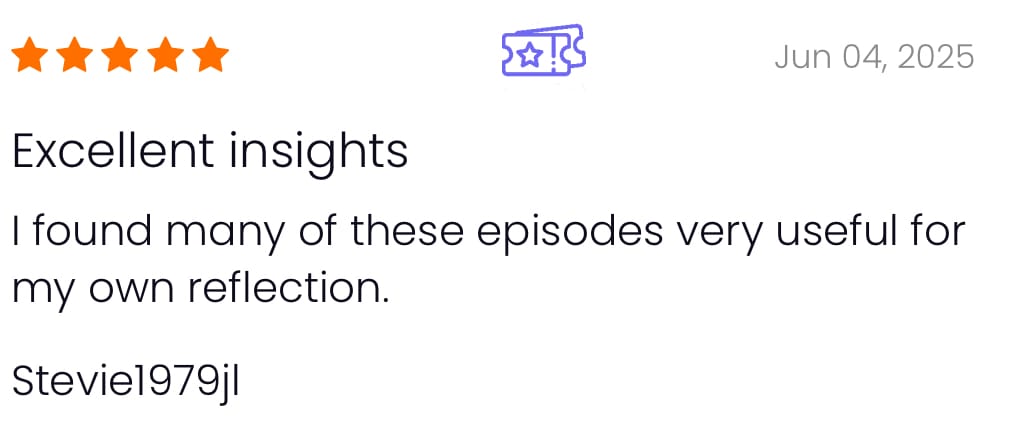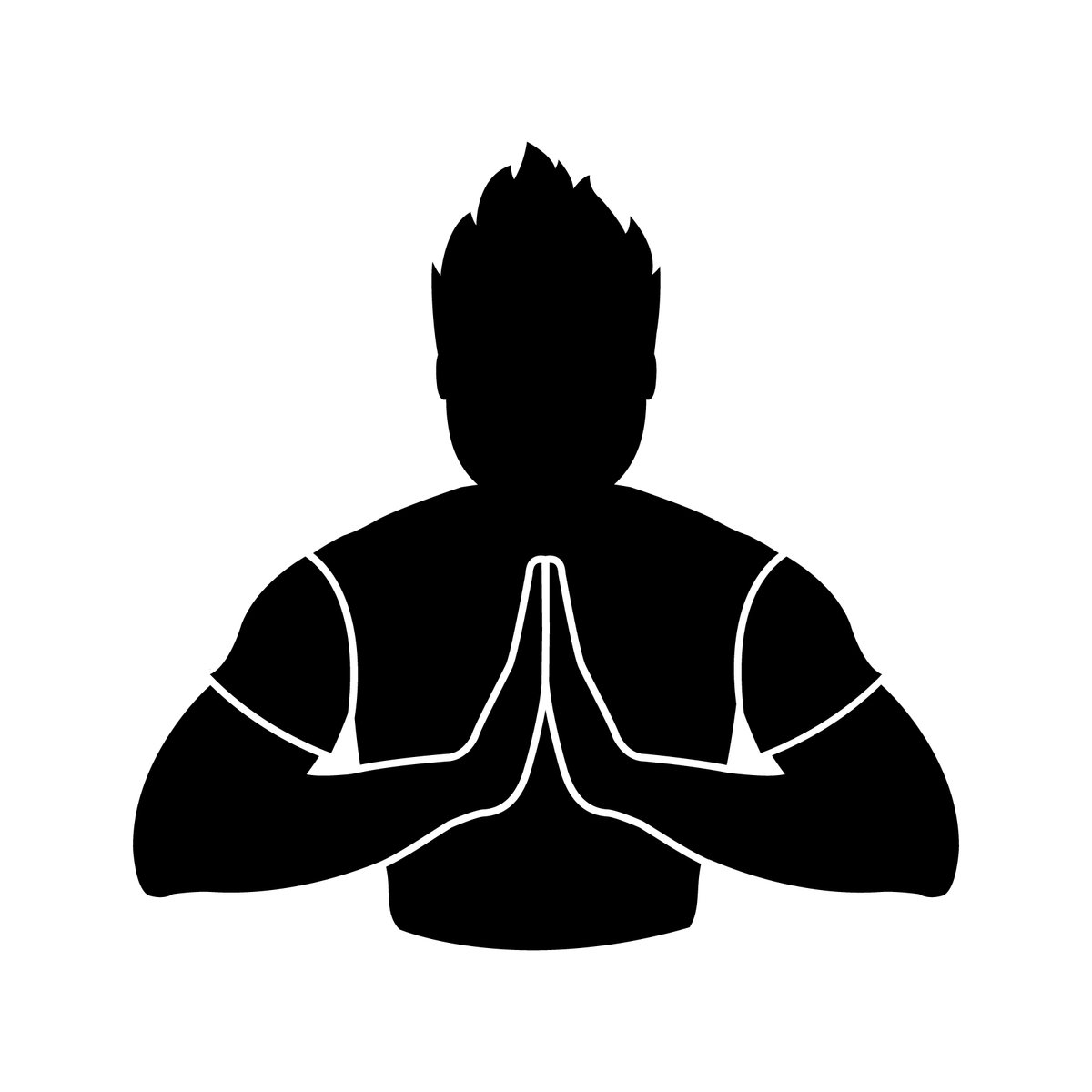Do you dream?
Do you dream? It is not meant to ask a dream in the aspirational sense, while it could be. But, do you dream, is intended in the form of healing, transformation and growth. I was joined in last week's episode of EZ Conversations by Lynda Samphire (Listen Here), who delved into the world of dreams and analysis. Dreams can be profound and a world of their own, often leaving people trying to make sense of what they experienced in their sleep, even as they attempt to recall the profound connections they made. Lynda and I also discussed the importance of REM sleep to facilitate dreams, and how substances such as alcohol and marijuana can disrupt our REM sleep, leaving us feeling unwell-rested and also lacking dreams.
As I reflected on my conversation with Lynda, I also thought about some profound dreams I have had that have given me clarity. Writing down my dreams immediately after waking up has been extremely helpful to make sense of what my subconscious is telling me. Through these experiences, I have undergone healing, transformation, and growth. Many people have spent a considerable amount of time trying to understand dreams, which is why there are numerous dream encyclopedias categorizing dreams into separate themes. This is something else Lynda and I explored during the episode. The dream world is an interesting one, but we must approach it with caution, especially when it comes to the choices we make.
How Dreams Impact Mental Health. Beyond the mystery and symbolism, dreams are closely tied to our mental health. During REM (rapid eye movement) sleep, when most vivid dreaming occurs, the brain engages in emotional processing. Research shows that REM sleep helps the brain reduce the intensity of emotional memories. For example, after a full night of REM-rich sleep, the amygdala—the brain’s emotional alarm center—shows a calmer response to negative stimuli compared to the previous day (van der Helm et al., 2011). This suggests that dreams may serve as a natural form of overnight therapy, allowing us to integrate difficult experiences and wake up with greater emotional balance.
When this process is disrupted—by trauma, stress, or substances that suppress REM sleep—our dreams can become fragmented, distressing, or absent altogether. Studies have shown that frequent nightmares are linked to higher rates of depression, anxiety, PTSD, and even suicidal thoughts (Sheaves et al., 2023). At the same time, addressing nightmares through therapies such as Imagery Rehearsal Therapy (IRT)—where you rewrite the script of a recurring nightmare into a safer or more empowering version—has been shown to reduce both nightmare frequency and psychological distress (Aurora et al., 2010).
Interestingly, dreams often mirror the concerns of waking life, a concept known as the continuity hypothesis. Modern stressors, including social media use, can spill over into dreams. A recent study found that people heavily engaged with social media sometimes experience nightmares with themes of cyberbullying or loss of control, which were also associated with poorer sleep and emotional well-being (Shabahang et al., 2024).
Practical Reflections:
Keep a dream journal. Writing down your dreams right after waking helps you notice patterns and extract insights from your subconscious.
Prioritize healthy REM sleep. Limit alcohol and marijuana use, keep regular sleep routines, and allow your brain to process emotions fully overnight.
Pay attention to recurring themes. Dreams may reveal unresolved concerns or emotional wounds that are worth addressing in waking life.
Seek help for distressing nightmares. If nightmares are frequent and disturbing, therapies like IRT or cognitive-behavioural approaches can make a difference.
Resources
Sheaves, B., et al. (2023). Nightmares and psychiatric symptoms: A systematic review and meta-analysis. Psychological Medicine. Read here
van der Helm, E., et al. (2011). REM sleep de-potentiates amygdala activity to previous emotional experiences. Current Biology. Read here
Aurora, R. N., et al. (2010). Best Practice Guide for the Treatment of Nightmare Disorder in Adults. Journal of Clinical Sleep Medicine. Read here
Shabahang, R., et al. (2024). Social media-related nightmares: A potential explanation for poor sleep quality and low affective well-being. BMC Psychology. Read here

A snippet of the Episode
Head to YouTube for the full episode. Or Subscribe below:
Bonus Episode
What people are saying about the podcast:

Quote of the Week:
"The dream is a little hidden door in the innermost and most secret recesses of the soul, opening into that cosmic night which was psyche long before there was any ego consciousness"
Carl Jung
Sponsors
Still up? Still scrolling? It’s time to turn off.
From the team behind AG1 and AGZ...
Tired of tossing, turning, and scrolling? Pick up the phone.
1-855-TURN-OFF is the first all-night hotline designed to turn you off.
It's simple: dial in, press a button, and hear the sweet science behind AGZ whispered directly in your ear. From magnesium for sleep support, to adaptogens for stress, to L-theanine for relaxation - every call leads to better rest.*
What are you waiting for? Click here for a toll-free and melatonin-free time.
* These statements have not been evaluated by the Food and Drug Administration.
Used by Execs at Google and OpenAI
Join 400,000+ professionals who rely on The AI Report to work smarter with AI.
Delivered daily, it breaks down tools, prompts, and real use cases—so you can implement AI without wasting time.
If they’re reading it, why aren’t you?
Subscribe to the Podcast and Newsletter
Looking to build your own Newsletter?
Follow my personalized link to get 20% off all Beehiiv plans:





